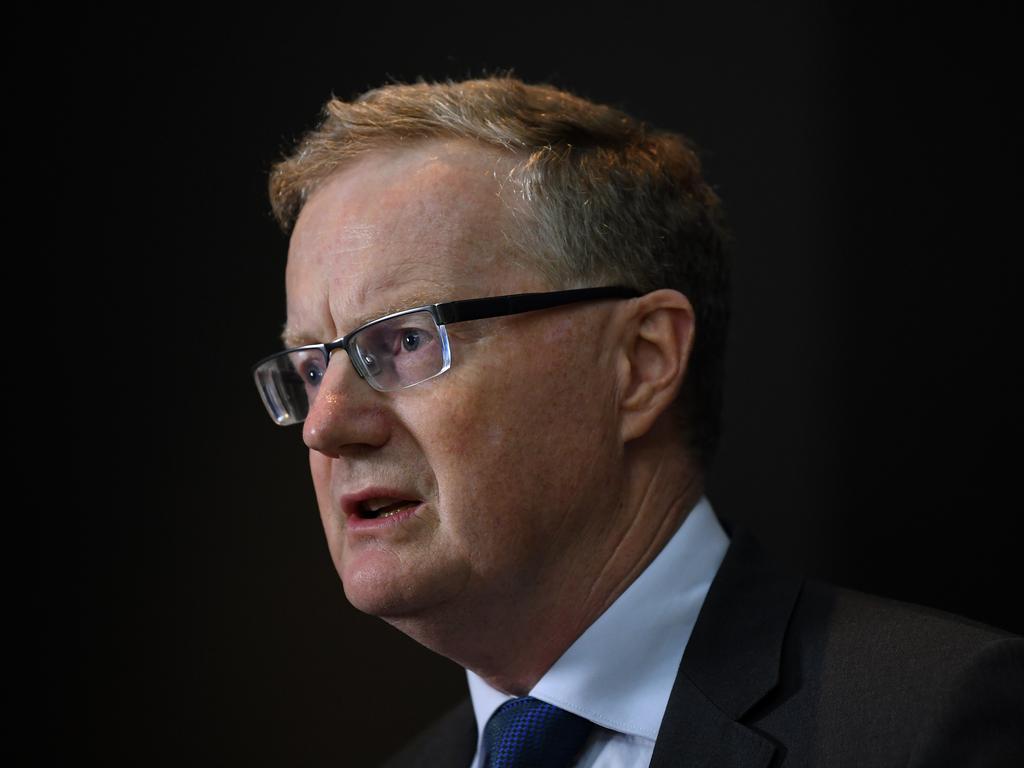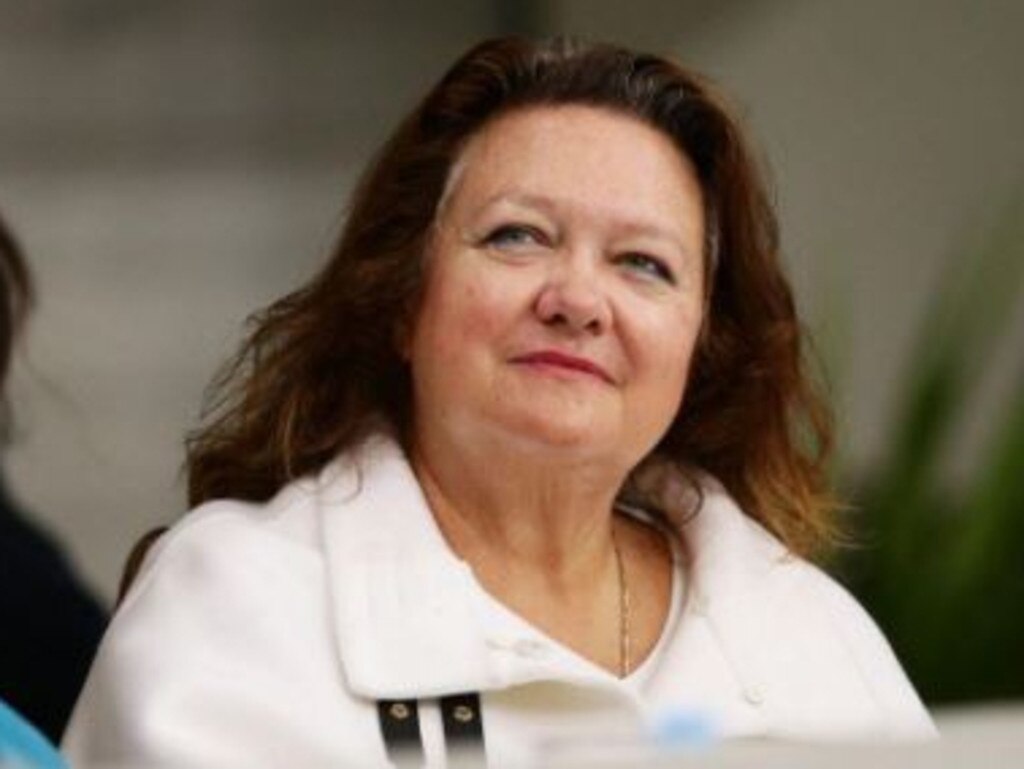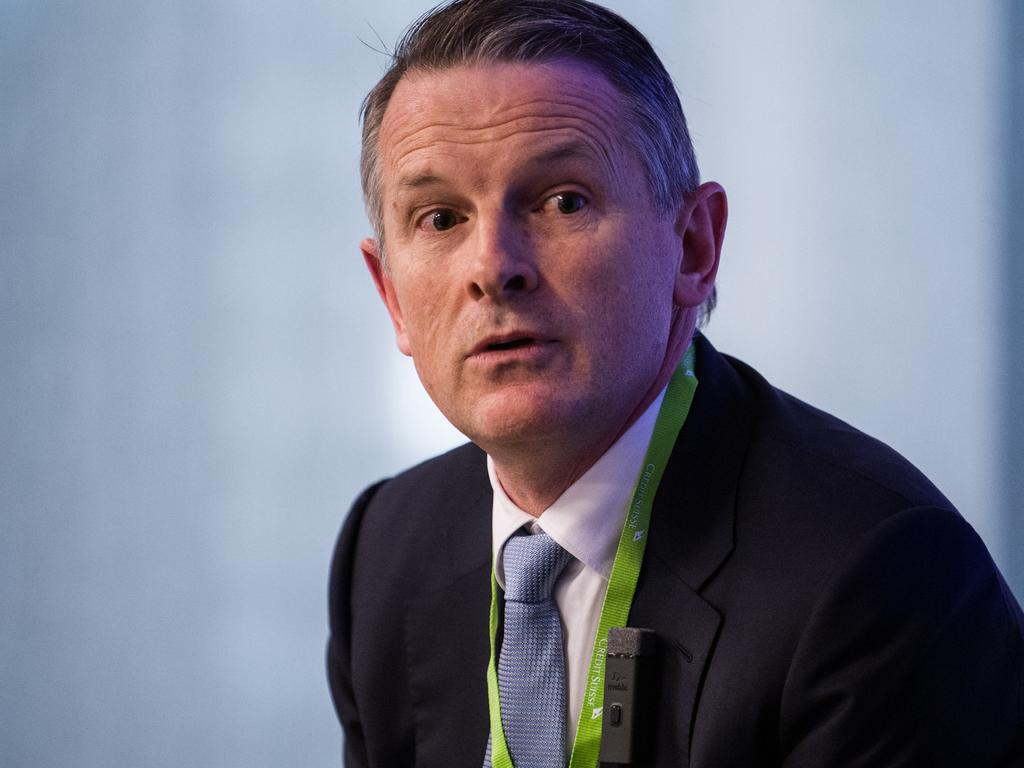Instos to take small stakes in Liberty
Lender Liberty Financial is testing investor appetite for its $1.8bn ASX float.

Non-bank lender Liberty Financial is testing investor appetite for its $1.8bn float, but the structure of the initial public offering and a potential tax liability may deter some from backing it.
Even so, The Australian understands a handful of institutional investors have agreed to take small cornerstone stakes in the company through the 20 per cent of shares on offer.
They are shrugging off any COVID-19 loan loss concerns and focusing on Liberty’s growth prospects in the residential home loan, motor and commercial finance and personal loan markets.
Advisers led by Credit Suisse are pushing ahead with the 2020 float and on Monday released detailed research outlining Liberty’s business components and potential ASX valuation.
It comes as the domestic IPO market is seeing a late flurry of deals at the tail end of a quiet year. In the pipeline of floats are Macquarie Group-backed Nuix, Fantastic Furniture, Dalrymple Bay Coal Terminal and law firm HWL Ebsworth.
Ahead of that, Refinitiv data shows the year-to-date total for IPO funds raised at $US814m as of November 16 was the second lowest tally over the past eight years.
Liberty was founded by now US-based Sherman Ma in 1997, after he had stints at Credit Suisse and McKinsey & Company. He remains an executive director after passing the chief executive baton to James Boyle.
The Credit Suisse research led by analyst Paul Buys didn’t provide a firm valuation range but it pointed to Liberty trading in a bound at the “lower end” of the average of smaller and non-bank peers and at the “upper end” of the average of a bank peer group.
The research points to an expected adjusted net profit of $165.6m for Liberty in 2020-21, which includes amortisation of intangible assets, or a net profit of $153.9m. Those figures are up from $142m and $130.3m respectively for last financial year.
That implies that at the bottom of the smaller and non-banks’ 11 times price-to-earnings ratio, Liberty would be valued at about $1.8bn, while on the other metric the valuation is well north of $2bn.
Liberty’s loan book amounts to $11.7bn — including almost $2.6bn in non-prime loans — and total assets sit at $13bn.

The Credit Suisse report also shed some light on the structure of Liberty’s corporate entities, which include the company and a trust under a stapled structure. The company is liable for 30 per cent Australian tax while the trust isn’t liable for local income tax.
The research cautioned the Australian Taxation Office “may seek” to apply legislation to tax the trust at 30 per cent, and it showed related-party loans issued to entities including one controlled by the founder group of $415m. That is for payment to the ATO if a court deems the amount is payable.
Cadence Capital managing director Karl Siegling said the Liberty IPO valuation guidance by Credit Suisse looked “opportunistic”.
“It’s certainly at a higher multiple than Resimac, and that would count me out,” he added, noting his analysis put Resimac at a multiple of eight times earnings versus the 12 cited by Credit Suisse.
Mr Siegling — who is a Resimac shareholder — also identified a small proposed free float of Liberty shares and the potential tax liability as deterrents to investing, although he would make a closer assessment of prospectus documents.
The IPO sees existing shareholders sell down just 20 per cent of the company.
Eley Griffiths Group managing director Ben Griffiths said Liberty’s compound annual growth rate in its loan book of 19.6 per cent had sparked his interest, alongside the fact existing shareholders were committed to the strategy.
“It doesn’t need any cash evidently. A statutory listing process,” he said.
“I’m keen to learn a little more about the business.”
The Credit Suisse report highlights Liberty’s growth aspirations in the markets in which it operates, given it has 2 per cent share in home loans, 4 per cent in commercial finance and 1.1 per cent in motor finance.
But the path to an ASX listing has been arduous.
Liberty was flagged as a potential IPO candidate early last decade and again in early 2007, when reports had Liberty considering a raising of about $350m which would value the group at as much as $800m. At the time, Liberty had Macquarie and Citigroup working on the proposed deal while also assessing whether to tip the company into a new investment fund.
Both options were scuttled due to the global financial crisis, which saw funding and securitisation markets freeze.
A falling out with Macquarie — which had earlier been a small shareholder in Liberty — led to an entity associated with the non-bank lender being ordered in 2016 to repay a debt to Macquarie after more than five years of litigation.
In 2017, Liberty had JPMorgan assess options including an IPO but the pause button was hit again due to the company’s complex structure and the vendor’s price expectations.
The non-bank lending sector has seen a spate of ownership changes in the past five years.








To join the conversation, please log in. Don't have an account? Register
Join the conversation, you are commenting as Logout